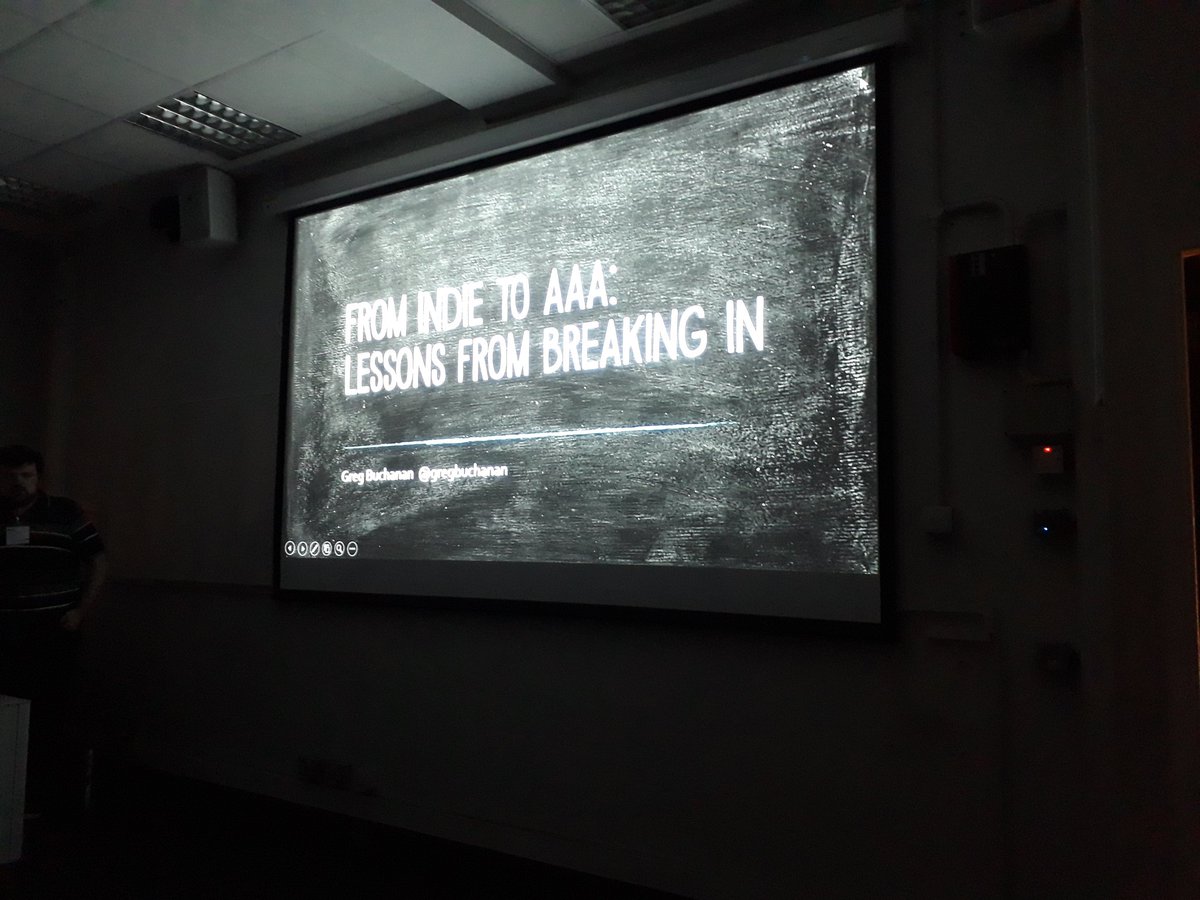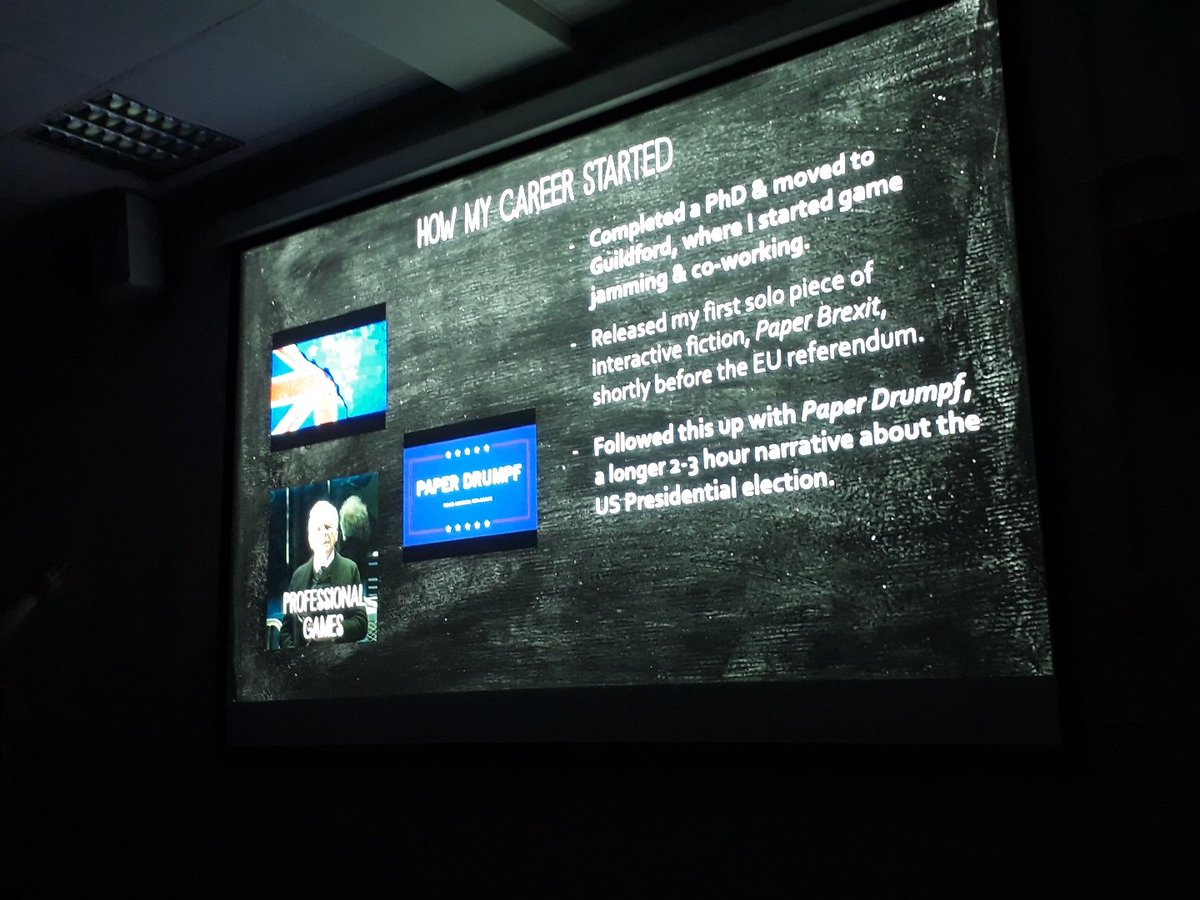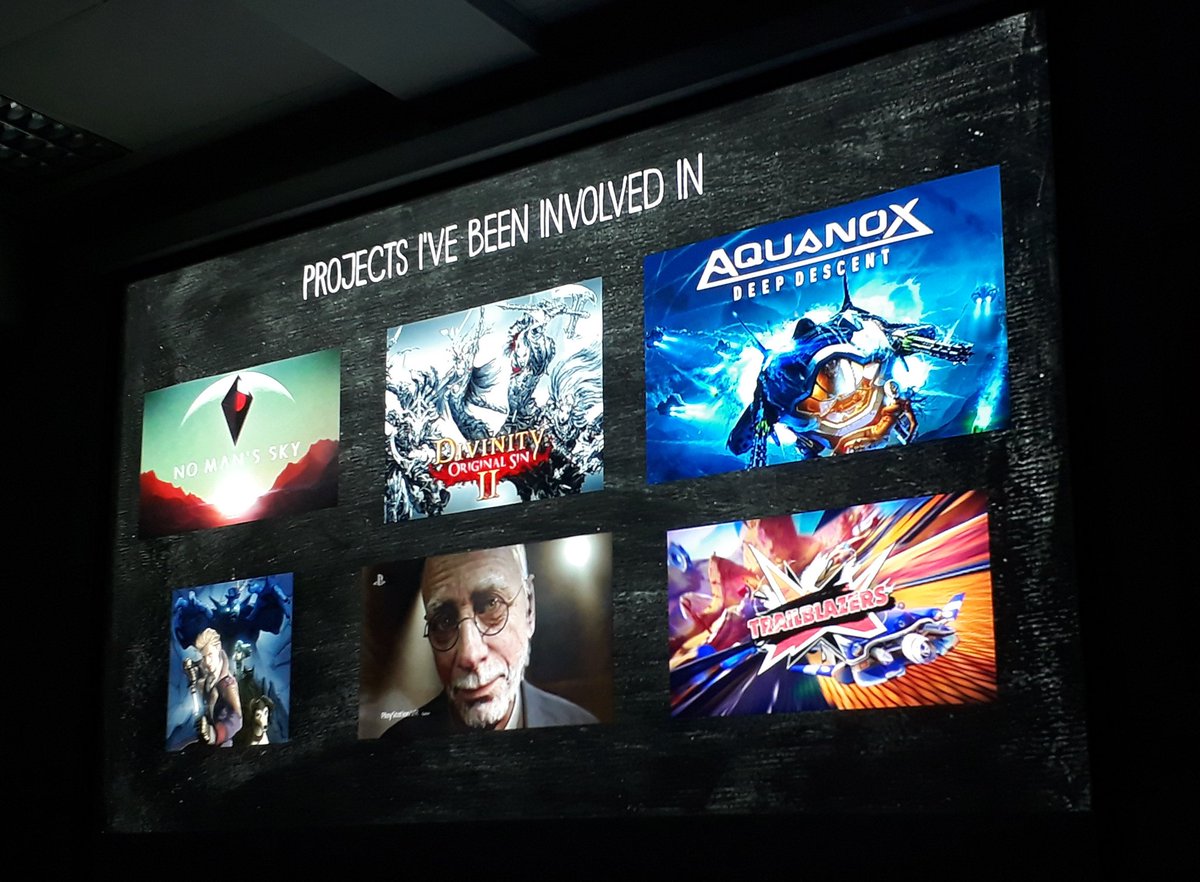
The heat, the sprinklers, the drunkenness, a romance, a shooting, cheating, a horse at the table, revelations about who started the fire... 🔥
... people play some poker ...
a great bluff, some terrible luck, someone bets a fire extinguisher...

Keep Current with (((Lewis Westbury))) of @PoliceRewired
This Thread may be Removed Anytime!
Twitter may remove this content at anytime, convert it as a PDF, save and print for later use!

1) Follow Thread Reader App on Twitter so you can easily mention us!
2) Go to a Twitter thread (series of Tweets by the same owner) and mention us with a keyword "unroll"
@threadreaderapp unroll
You can practice here first or read more on our help page!




